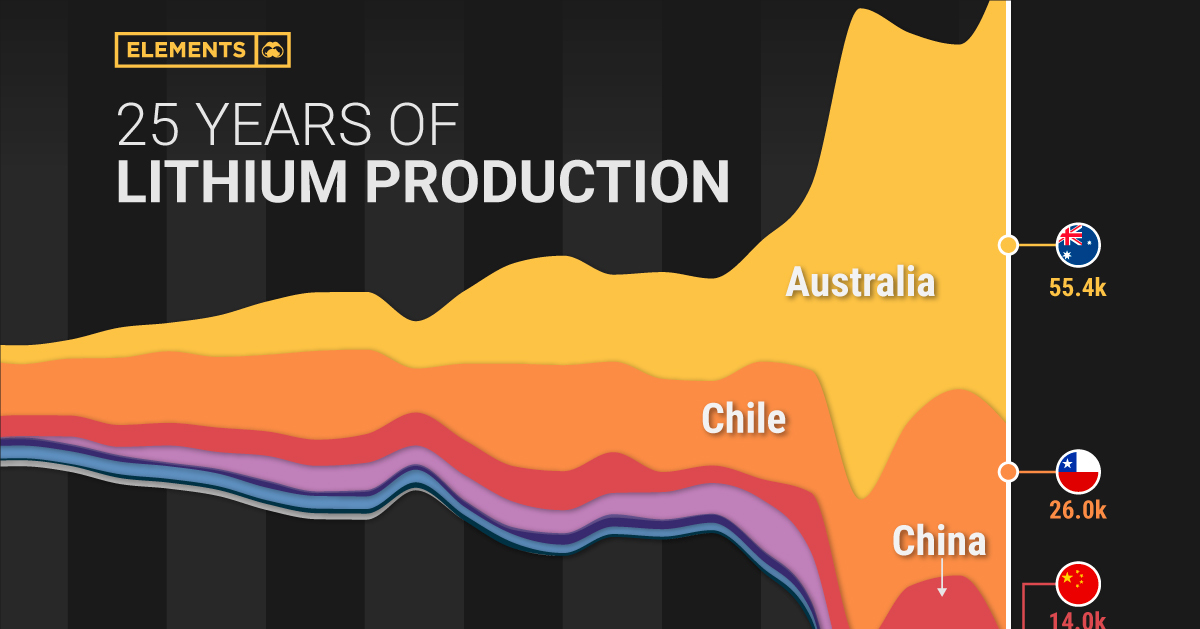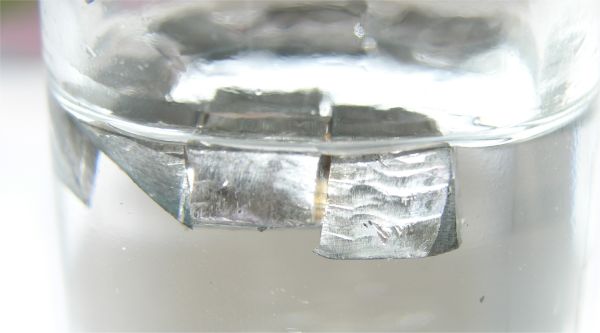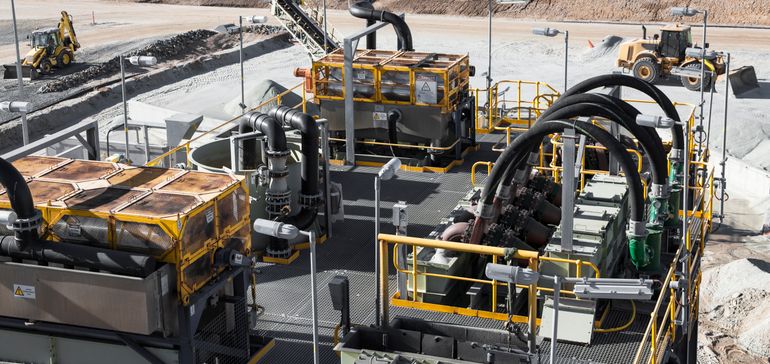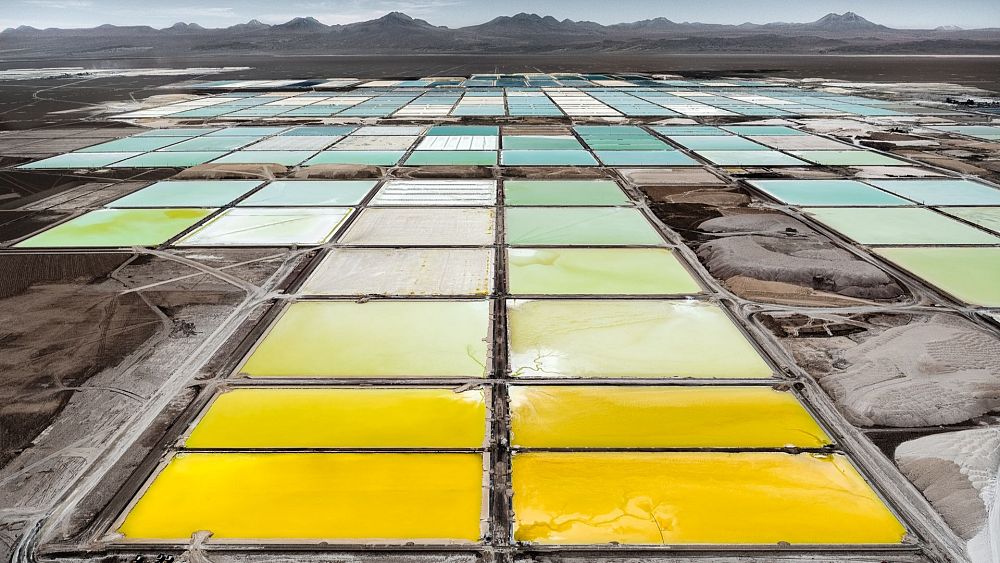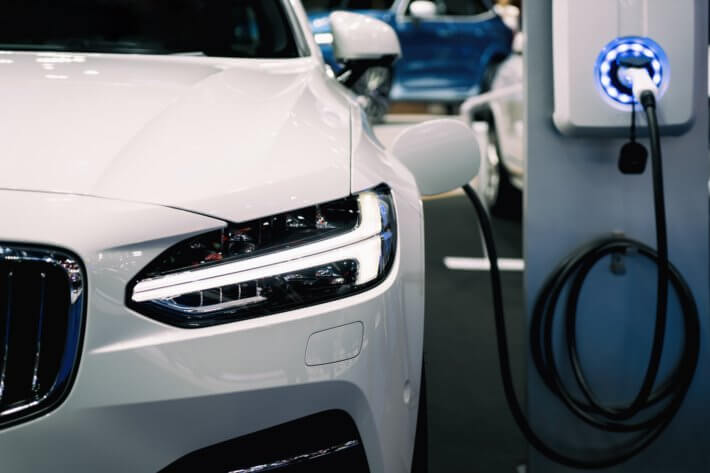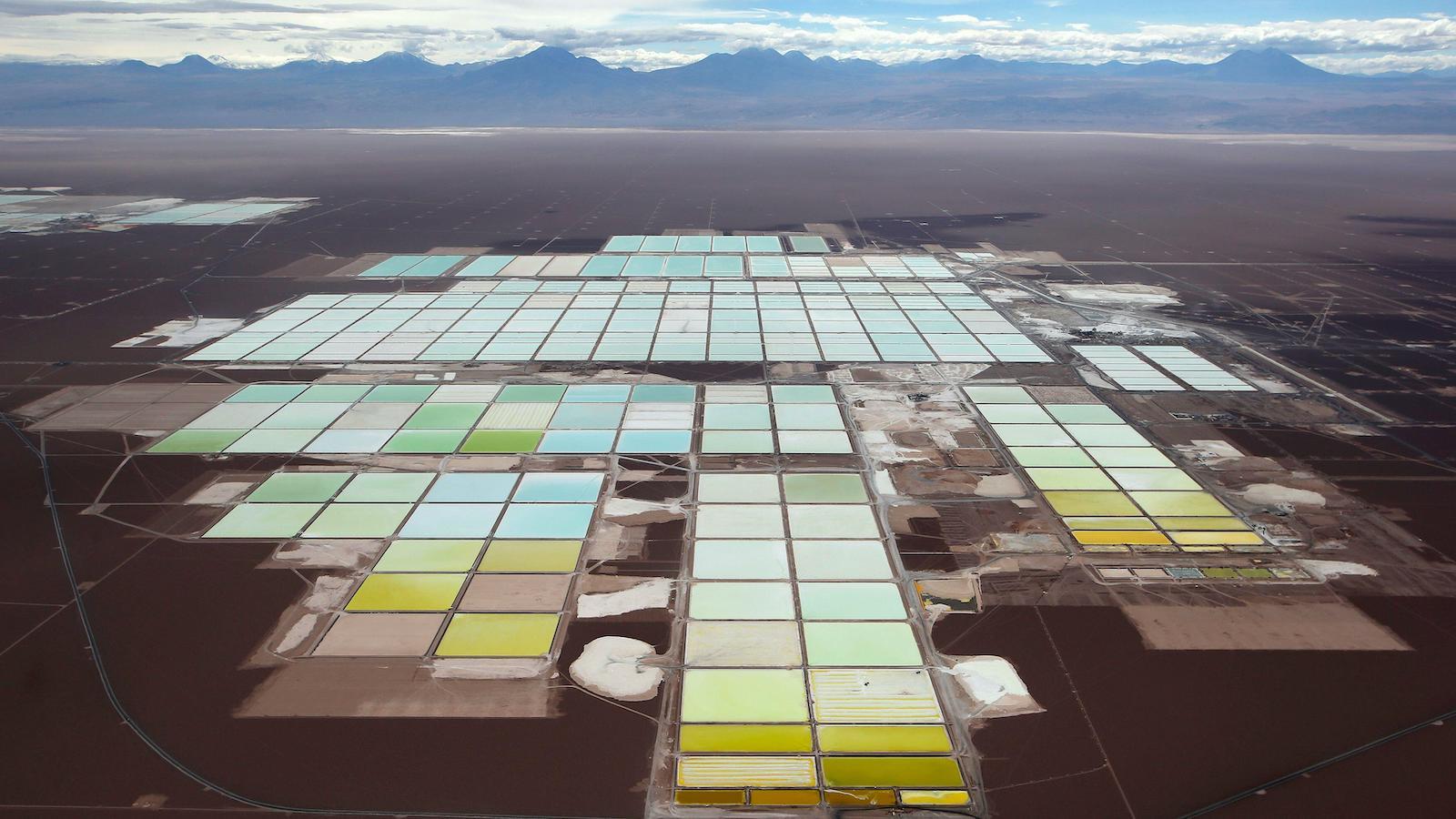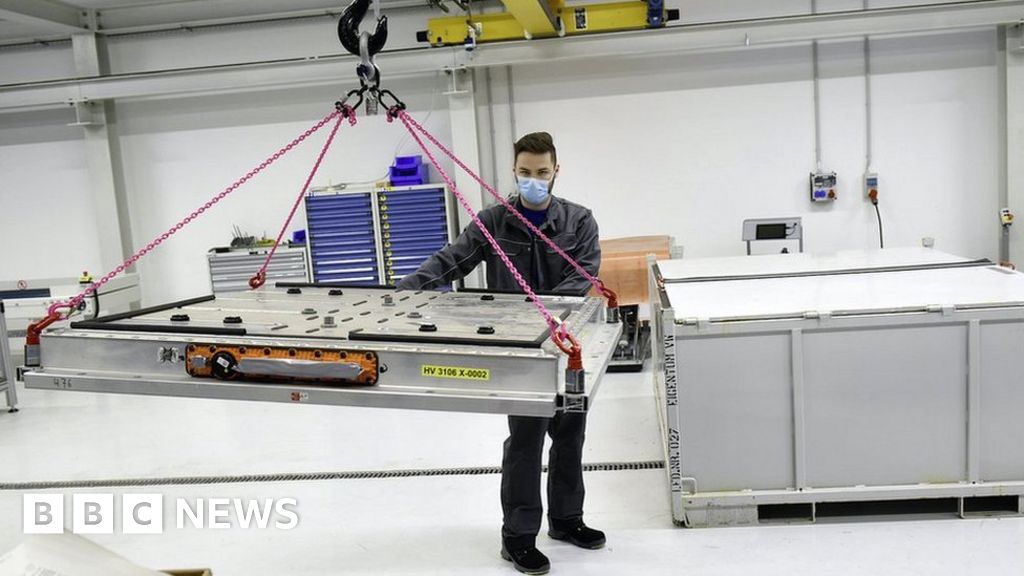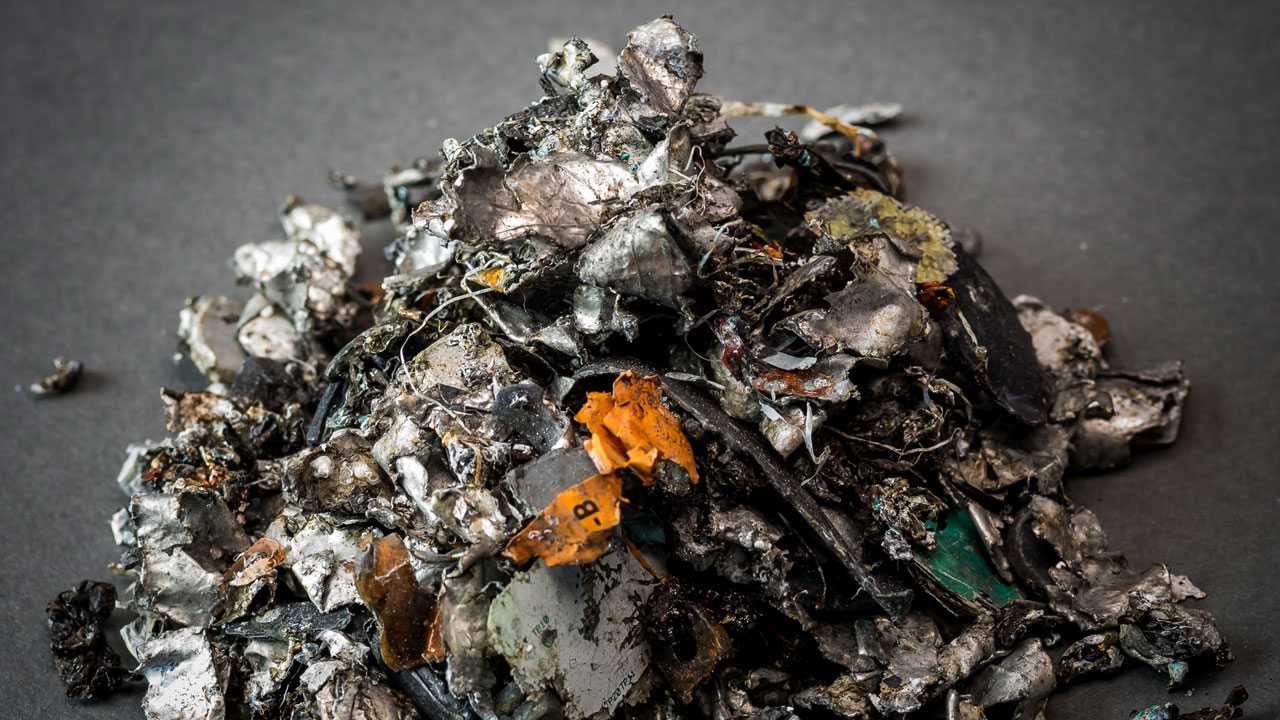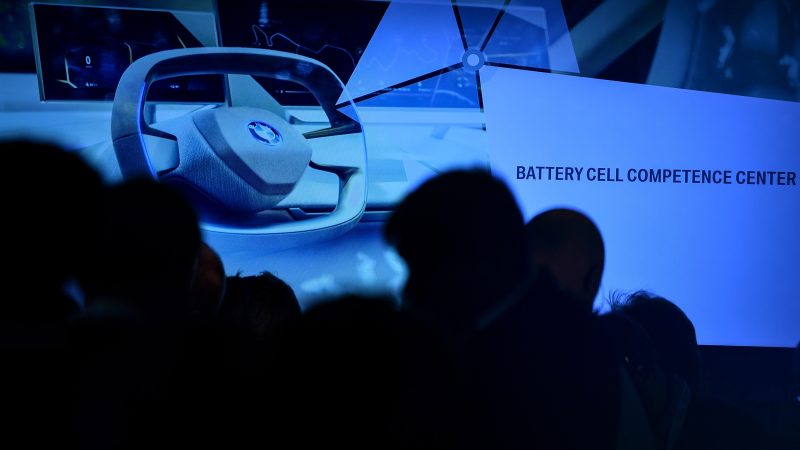Since manufacturing EV batteries is a one time event for the life of the EV or battery, maybe the fair comparison should be to the lifetime of EV's or batteries compared to ICE vehicles. All manufacturing environmental costs, including ongoing operating costs should be considered. Do the life time environmental costs of one exceed the other significantly?
However, what you're missing is this question: What
is the "life" of that EV battery? According to Tesla, it's only 120,000 miles. According to these articles, it's between 100,000-200,000 miles, or 8-12 years.
This article (
How Long Do Electric Car Batteries Last?) says, "
Generally, electric vehicle batteries last 10-20 years, but some factors may reduce their lifespan. For instance, batteries may degrade faster in hotter climates as heat does not pair well with EVs. Additionally, charging the battery at a Level 3 station can cause the battery to overheat, as the charging process is too quick. This process can negatively affect performance and longevity."
This article (
How Long Does an Electric Car Battery Last? | EV Connect — EV Connect) says similarly, "
How Long Does an Electric Car Battery Last?
So the question remains: How long can you expect your EV battery to last? Fortunately for consumers, the government mandates EV manufacturers to warranty batteries for 8 years or 100,000 miles, while California extends that warranty to 10 years or 150,000 miles."
This article (
Electric Car Battery Life: Everything You Need to Know) shows the same statistics, "
Guesswork aside, the simplest way to judge the longevity of a battery pack is by way of the manufacturer’s warranty. Given the cost of replacing a battery pack, no automaker wants to get stuck with this bill due to the fact they overestimated the pack’s resiliency and longevity. The battery’s limited warranty, thus, provides an insight into what the manufacturer views as the typical pack’s minimum life expectancy.
All EVs sold today include a battery warranty of at least eight years and 100,000 miles. Tesla, for instance, offers an eight-year battery warranty and coverage of between 100,000–150,000 miles depending on the specific model."
Compare this to ICE vehicles, which can go
well beyond their "warranty" periods, and still be
viable and
usable, while EVs will
not, due to the batteries being
dead, and
unable to hold a charge any longer. The cost of replacing the parts or even engine on an ICE vehicle is
significantly less than replacing the battery on an EV, which is
extremely expensive, per other information in the articles
above.
On top of this, though, is the cost of "recycling" the EV battery, once it's become unusable. Has that been factored into this Administration's demands? I
seriously doubt it! Even Europe, where they've been using EVs for years or even decades, are
still having problems with recycling EV batteries, both environmentally and due to the time consuming process, which is dangerous.
Here's a couple of articles that talks about this some:
In the next 10 years millions of old electric car batteries will need to be recycled or discarded.
www.bbc.com
Researchers urgently seek better ways to reuse spent cells

www.science.org
European recyclers have called for changes to EU regulations on hazardous metals and waste shipment that “sometimes stand in the way” of a fully European electric car manufacturing value chain.

www.euractiv.com
This article (
3 challenges en route to electric vehicle batteries driving the circular economy) says, "
Between 2020 and 2021, electric vehicle (EV) sales increased by 50% to 6.6 million vehicles. By 2030, EVs could exceed 50% of total automotive sales in markets, backed by major markets’ internal combustion car phase-out regulations. As cars, trucks and buses are increasingly battery-powered and generate zero tail-pipe emissions, the increasing demand for road mobility can be met without compromising global warming and people’s health. But what happens when the battery that powers an electric vehicle is no longer fit for use? Are we resolving one challenge by creating the next big one?"
And:
"
The complex set of batteries in an electric car is made of materials including cobalt, copper, lithium and nickel – scarce metals whose mining carries harsh environmental and social costs. The bulk of a new battery’s carbon emissions stem from mining and refining processes, the societal impact of which is far from being resolved. Similarly, the disposal of batteries, classified by the Basel Convention as hazardous, can create further sustainability challenges and costs."
And:
"
The cost of individual battery collection is the most significant issue in battery-powered transportation today, according to Circular Cars Initiative community members. The transport of End of Life (EoL) batteries alone can amount to 41% of battery recycling costs."
And:
"
Dedicated regional centres that could receive and safely store a wide variety of end-of-life batteries are only in their infancy."
The issue of "recycling" of the wasted, dead EV battery is a question that
should have been answered and addressed
before forcing auto makers toward EV production, and legislation to
protect the public
should have
also been put into place,
prior to enacting these broad handed
demands from this Administration.

